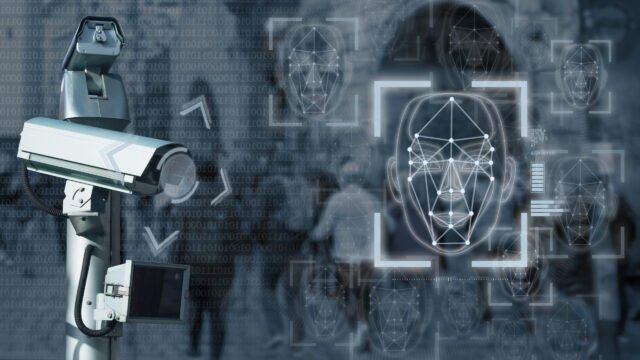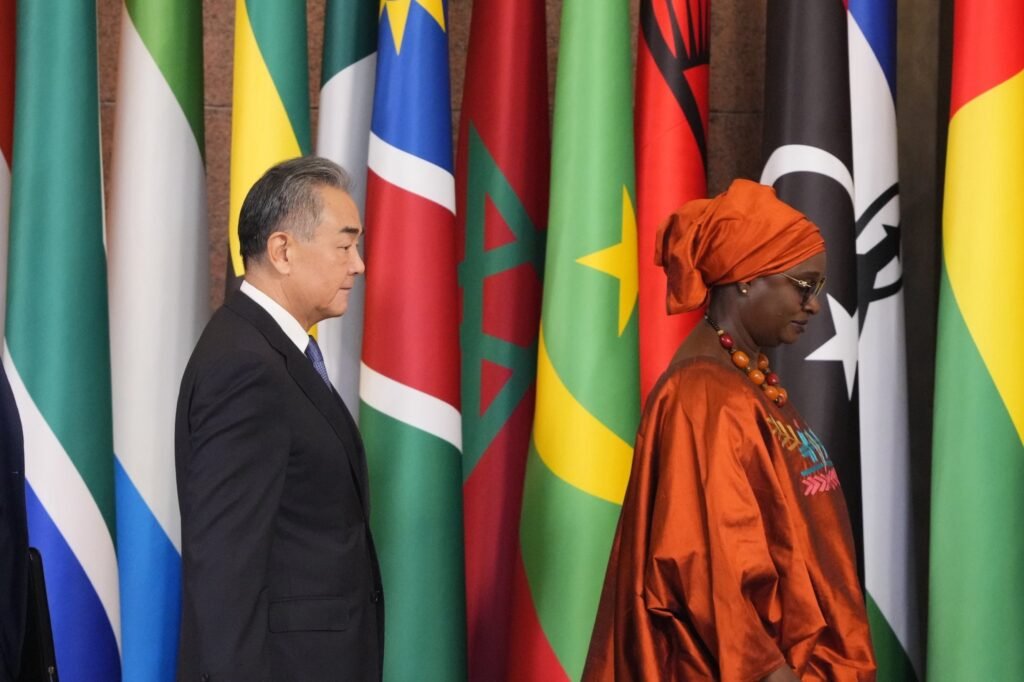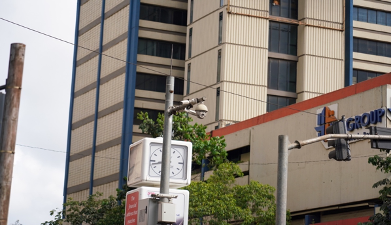China’s quiet but steady advance into Africa has taken a new form—surveillance technology. Beyond roads, railways, and ports, Beijing is now offering African governments access to digital monitoring tools such as CCTV networks, biometric databases, and facial recognition systems. The difference between China’s approach and that of its Western rivals is striking: Beijing sells or finances these systems with little to no political conditions attached.
This “no-strings” method is winning favour among African leaders who are under pressure to tackle insecurity, urban crime, and political unrest. But the trend raises urgent questions about data privacy, civic freedoms, and the balance of power between governments and their citizens.
Table of Contents

Cheap Tech, Favourable Financing, and Quick Results
In many African capitals today, Chinese surveillance cameras are already watching the streets. From Nairobi to Lagos, from Kigali to Addis Ababa, the presence of these systems is increasingly visible. For governments that struggle with limited budgets, Chinese firms offer an attractive package: lower prices, long-term repayment options, and in some cases, outright loans backed by Beijing itself.
Western companies often insist on stricter procurement processes or require guarantees around human rights and privacy safeguards. China’s firms, by contrast, emphasise speed and affordability. A government can install thousands of cameras in a matter of months, complete with central command rooms and advanced monitoring software. The political advantage is also clear—leaders can quickly demonstrate to citizens that they are “doing something” about crime and insecurity.
Yet the affordability masks a deeper issue: maintenance, software updates, and continued system operation usually tie countries back to the original Chinese supplier. That dependency could, over time, tilt both technological and political influence in Beijing’s favour.
Promise of Security, Peril of Misuse
African leaders often justify the embrace of surveillance technology by pointing to urgent realities. Rapid urbanisation, youth unemployment, and cross-border security threats have pushed governments to search for modern tools to monitor populations. In many places, these technologies are also seen as critical to counter-terrorism and managing civil unrest.
However, the very features that make the technology powerful also create space for abuse. Weak or outdated privacy laws in many African states mean that personal data—biometrics, phone records, images—can be collected without citizens’ consent or knowledge. Once stored, it is unclear who controls the data or how securely it is kept.
Civil society groups warn that, without oversight, surveillance tools can be turned inward against political opponents, journalists, or activists. The same camera that helps track an armed robber can also be used to monitor peaceful protesters. This blurring of lines creates a risk of democratic backsliding in countries already struggling to strengthen institutions.
There is also the question of effectiveness. Studies have shown that surveillance alone rarely reduces crime in the long term. In contexts where poverty, corruption, or weak policing are the root causes, cameras may only provide a temporary sense of safety. Without broader social and governance reforms, surveillance technology risks becoming a cosmetic fix rather than a real solution.

Africa’s Crossroads: Balancing Opportunity and Risk
The surge of Chinese surveillance technology in Africa places the continent at a crossroads. On the one hand, governments gain access to affordable, cutting-edge tools that can help manage pressing security challenges. On the other, the absence of clear rules around data ownership and civil liberties creates the possibility of deep, long-lasting harm.
To find balance, experts suggest several steps. First, African governments should strengthen legal frameworks around data privacy and digital rights. This includes passing laws that clearly define how personal information can be collected, stored, and used. Second, there must be continental collaboration. Regional bodies such as the African Union can set standards for cybersecurity and surveillance oversight, ensuring that countries do not negotiate in isolation with external powers.
Third, Africa needs to invest in building its own technical expertise. Reliance on foreign providers for installation, maintenance, and upgrades risks trapping countries in cycles of dependency. By training local engineers and nurturing homegrown tech industries, nations can reclaim a measure of control over their digital futures.
Finally, transparency is essential. Citizens deserve to know when and how surveillance systems are being deployed, what data is being collected, and who has access to it. Open communication not only builds trust but also reduces the likelihood of misuse.

Conclusion
China’s growing influence in Africa is no longer confined to infrastructure projects or trade agreements. Through the export of surveillance technology, it is embedding itself in the very systems that manage information, security, and governance. The no-strings approach may seem attractive now, but its long-term implications will depend on how African leaders handle the balance between opportunity and risk.
For citizens, the key question remains: will surveillance technology deliver safer streets and stronger societies, or will it erode freedoms and deepen dependency? The answer lies not in Beijing, but in the choices African governments make today.
Join Our Social Media Channels:
WhatsApp: NaijaEyes
Facebook: NaijaEyes
Twitter: NaijaEyes
Instagram: NaijaEyes
TikTok: NaijaEyes




